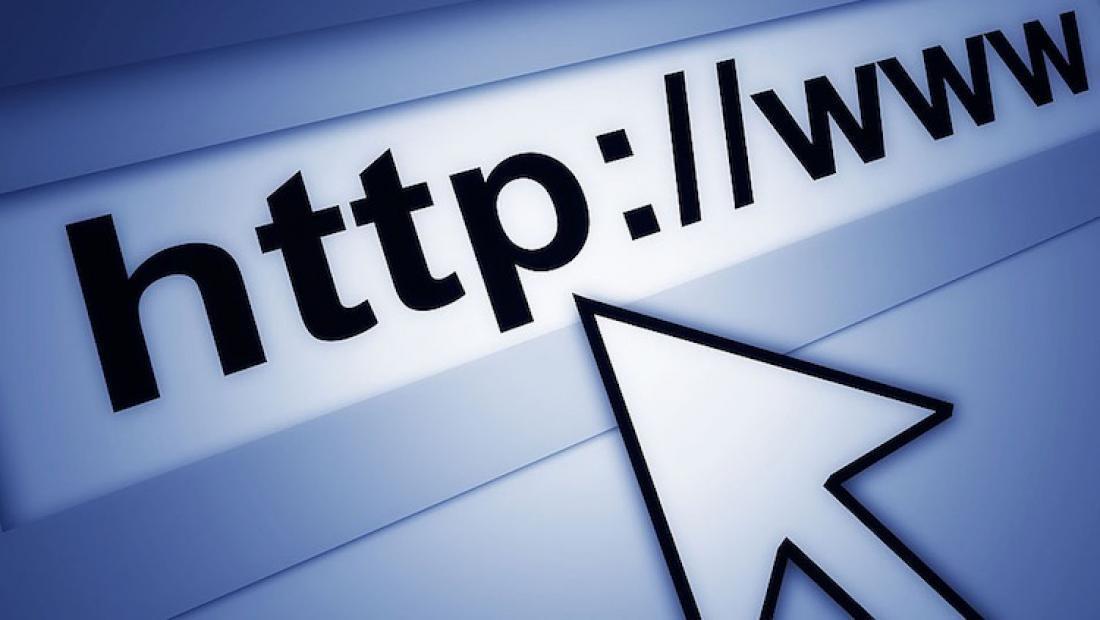FFTF, Pew Spar Over FCC Net Neutrality Docket Analysis

The smarter way to stay on top of broadcasting and cable industry. Sign up below
You are now subscribed
Your newsletter sign-up was successful
The debate over network neutrality has spilled over into the comments filed in the Restoring Internet Freedom Docket.
Fight for the Future (FFTF) called out Pew Research Thursday (Nov. 30) over mistakes and what it said were out of context characterizations and mischaracterizations in Pew's analysis of the FCC's net neutrality docket.
"Yesterday, the Pew Research Group released a study that triggered a number of new reports about issues within the FCC’s net neutrality comment docket," said Fight for the Future's Evan Greer. "The Pew study, unfortunately, contained a number of serious inaccuracies, and lacked needed context in a way that conflated legitimate grassroots advocacy and organic online outrage with malicious attempts to manipulate the FCC docket with fraud."
Pew conceded two errors and corrected them, but took issue with the suggestion it had failed to put its results in context.
"We believe that Fight for the Future’s other points mischaracterize our report and our nonpartisan, non-advocacy mission," said Pew, which responded to the FFTF criticism in a blog post. It agreed the report had misstated the total number of comments during the last net neutrality debate, and was incorrect when it said John Oliver "promoted the most common pro-net-neutrality comment to have been submitted to the FCC in its 2017 campaign." But Pew also said those did not change the report's basic findings.
Greer also alleges the FCC "sabotaged" its own comment process to sew the kind of confusion surfacing in the Pew report.
Related: Pew Research Finds Millions of Issues With Net Neutrality Comments
"They knowingly allowed malicious actors to abuse their system and submit enormous numbers of fraudulent comments using real people’s names and addresses without their permission, and they’ve refused to cooperate with investigations or transparency laws," Greer said.
FCC chairman Ajit Pai has said the FCC was going to err on the side of inclusiveness, which meant accepting some level of nuisance and mass-generated comments.
An FCC spokesperson said of the Pew analysis: "This demonstrates why a rulemaking proceeding is not a public opinion poll and why the FCC focuses on the quality not the quantity of the comments. For example, one third of all comments consist of a single, pro-Title II sentence: 'I am in favor of strong net neutrality under Title II of the Telecommunications Act.' These 7,568,949 identical comments, however, are associated with only 50,508 unique names and street addresses. Indeed, 7,562,080 of these comments come from 45,001 'individuals' using email addresses from fakemailgenerator.com and submitting the same comment more than 90 times each. The draft order that the Commission released last week is based on the facts and the law, and everyone can see for themselves which comments are cited in that document."
(Photo via Rock1997. Image taken on Jan. 18, 2017 and used per Creative Commons 2.0 license. The photo was cropped to fit 16x9 aspect ratio.)
The smarter way to stay on top of broadcasting and cable industry. Sign up below
Contributing editor John Eggerton has been an editor and/or writer on media regulation, legislation and policy for over four decades, including covering the FCC, FTC, Congress, the major media trade associations, and the federal courts. In addition to Multichannel News and Broadcasting + Cable, his work has appeared in Radio World, TV Technology, TV Fax, This Week in Consumer Electronics, Variety and the Encyclopedia Britannica.

